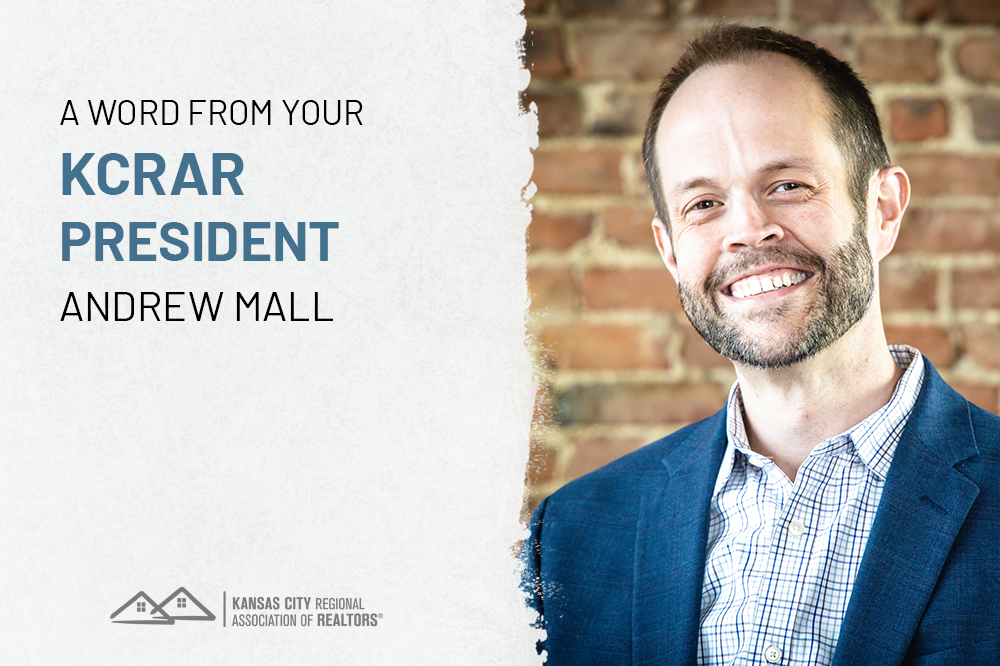
Guest column by Tracey Hawkins
The real estate industry is facing a reckoning, with a growing awareness of the need for a culture shift to prevent harassment, bullying and other unacceptable practices. Leaders in the industry must take action to demonstrate their dedication to providing a safe and supportive environment for all. Here are five steps to create a culture that allows for growth and success:
1. Create a Strong Safety and Security Culture
Safety culture starts at the top of an organization. If a broker, owner, manager or team leader values and demonstrates that safety and security is important to them, it will be clear that it needs to be important to everyone in the organization.
In an industry that the U.S. Department of Labor classifies as a high-risk occupation, a strong culture can lower liability, help increase retention, recruitment and morale. A strong, safe and secure culture can be good for business.
Agents should support safety and security culture by following the rules and safety practices. They should also pass those concepts on to consumers. They need to be the agent who “leads with safety” and shares safety advice and tips along every step of the way. Agents should share seller safety tips when on listing appointments, FSBO (For Sale By Owner) safety tips, and be a resource for buyers who want crime statistics and information on potential neighborhoods.
2. Invest in Safety Training and Resources
Expert-led safety and security training should be prioritized and held alongside revenue-generating training, like lead generation, social media strategies, video creation and other marketing topics.
Leadership should strongly urge agents, staff and vendors to complete not only safety and security culture training, but safe practices and cybersecurity dangers. Investing in subject-matter experts and professionals demonstrates that safety and security culture is more than lip service.
3. Create a Team of Safety and Security Professionals and Advisors
Brokerage owners, managers and team leaders should create a team consisting of law enforcement officials, professional safety and security instructors, a cybersecurity expert, a cyberinsurance agent, disaster preparedness trainers and so on.
The team should meet regularly and create a safety and security policy, prepare training and be empowered to implement a safety and security action plan.
4. Create a Safety Committee
The safety committee should consist of at least one member of management, an administrative staff member and an agent.
The committee members should be empowered to act, including meeting regularly at least monthly or quarterly, scheduling safety and security training, creating and sharing safety and security content (with agents, vendors, and consumers), and reporting on safety news, tips and updates during sales meetings and events.
5. Implement Psychological Safety Practices
The principle of “Psychological Safety” states that members, vendors, employees and so on should be able to voice concerns, fears and problems and speak up and out about any topic or share new ideas without fear of retaliation, retribution or punishment.
An anti-harassment and bullying policy should be adopted, using the National Association of REALTORS® Code of Conduct as a guide. This concept ensures that leadership will respect and believe those who come forward to report unacceptable behavior. It shows that a workplace is safe, and its people can speak up when they are experiencing or witnessing dangerous, criminal or even illegal behavior.
If an agent, team member, staff member or vendor has been harassed, bullied or victimized in any manner, there needs to be a clear procedure to report these situations. It can be anonymous, online, through a drop box or to a person who has been appointed to receive the complaints. There must be consequences for the behavior after an investigation, and they must be consistent and applied across the board.
The real estate industry has a unique opportunity to create a safer and more secure workplace for all. Industry leaders, agents and staff members must work together to implement the changes outlined above and create a culture of safety and security that benefits everyone involved.
Call to action:
If you are a leader in the real estate industry, I urge you to get the guidelines and checklist and begin the process of creating a safe and secure company culture. Agents, you are encouraged to follow safe work practices at all times and know that you are empowered to speak up if you experience unacceptable behavior.


